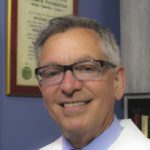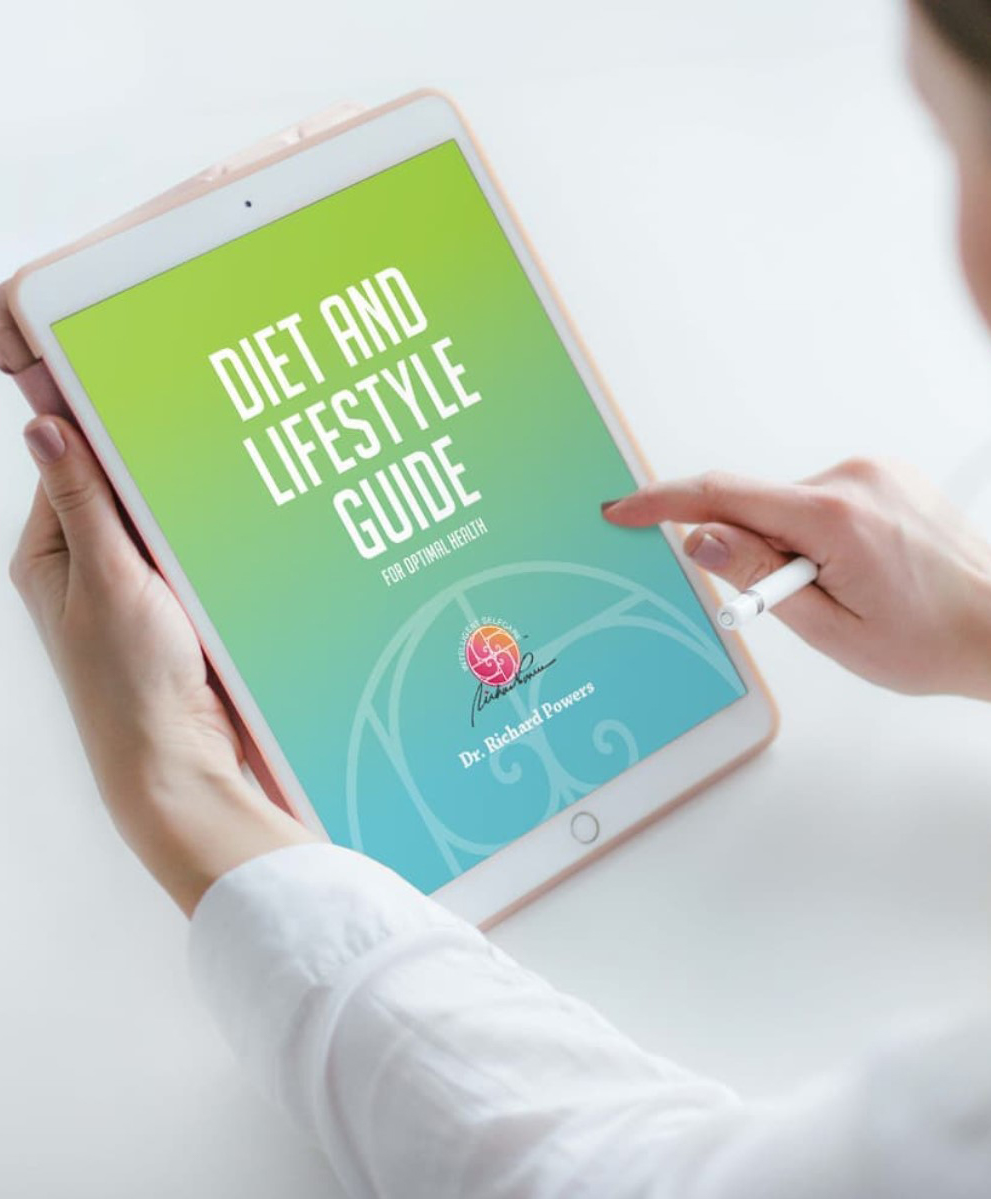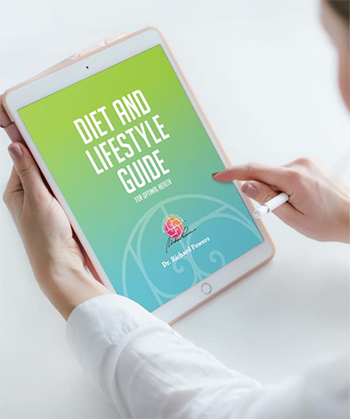
by Dr. Richard Powers
Learning new, science-backed ways to help prevent breast cancer makes a lot of sense given the pain, suffering, expense, and unpredictable outcomes associated with cancer treatment.
If you or someone you know has ever gone through breast cancer treatment or died of breast cancer you know the heartache and challenges it brings and how it impacts life and the lives of loved ones forever.
Here is what I want you to know: So much more can be done to help prevent breast cancer than you are likely aware of.
Current, outdated paradigm
The focus on breast cancer “prevention” isn’t really prevention at all. Instead, it revolves around getting a mammogram to detect breast cancer and then offering support to help pay for treatment after receiving a breast cancer diagnosis.
Although I’m all in on screening for breast cancer and assisting people in affording treatment, my research and experience say we can do much better than that.
First of all, the research clearly reveals that mammograms DO NOT SAVE LIVES. It seems counter-intuitive but several long-term studies (10 and 25 years) show that those receiving regularly scheduled mammograms do not have a decreased incidence of dying of breast cancer. Furthermore, the mammogram group incurred harm resulting from unnecessary procedures as a result of false-positive mammogram test results.
When it comes to breast cancer, the currently most recommended approach for the early detection of breast cancer is via mammography (coupled with self- and clinical breast exams). Unfortunately, research demonstrates that mammography has an extremely high false positive rate (>94%), and a 25-year landmark study* published in 2014 showed that receiving regular mammograms did not actually reduce one’s risk of dying from breast cancer.
A new, safer approach to breast cancer prevention
A roadmap for preventing breast cancer that makes the most sense amounts to taking action to prevent it in the first place and not just “early detection” after cancer has already occurred.
Then, combine preventive action with safe, science-backed, novel screening tests that reveal breast cancer in its physiological and pre-cancer stage and you have the formula that is both empowering and truly beneficial.
How to significantly reduce your breast cancer risk
You significantly reduce your breast cancer risk by eating and living in ways that make it more difficult for cancer cells to proliferate in your body, and by employing an effective mix of harmless, painless screening procedures that warn you ahead of time if you are trending in a breast cancer direction.
The good news is that the diet and lifestyle habits that most predictably help prevent cancer are the same ones that help you avoid Alzheimer’s, heart attacks, strokes, diabetes, kidney disease, and other chronic, degenerative diseases!
I have outlined many of the anti-cancer ways to eat, move, sleep, detoxify, de-stress, and supplement your diet in my book, “Foundations for Creating Optimal Health” which is available in digital form and in print.
Novel breast cancer screening approaches
A more successful approach for monitoring breast health and the earliest detection of breast cancer revolves around a combination of tests each of which helps “visualize” it from a different perspective.
For example, the collective information gleaned from a breast thermogram, breast sonogram (ultrasound), and self and clinical breast exams is a great start.
Breast thermograms have been shown to potentially reveal early indications of breast cancer “physiology” as much as 5 years in advance of the tumor formation, and more readily detect more aggressive types of breast cancer.
If your test results (breast thermogram + breast sonogram + breast exam) reveal any concern about the possibility of breast cancer, a follow-up breast MRI (or MRS, as available) which is harmless, painless, and quite accurate (and significantly more than a mammogram). Caveat: An MRI contrast agent – which carries some risk, particularly for those with kidney damage – may be indicated to improve MRI readability.
An additional cancer screening approach is a blood test, Galleri (by Grail) that screens for 50 types of cancer, including breast cancer and the most common and aggressive forms of cancer, and with a high degree of specificity (99.6%) and sensitivity, compared to other available screening tests. (Note: The Galleri blood test is more likely to detect more aggressive forms of breast cancer in stages 2 and 3. Therefore, it is best used in conjunction with, and not as a substitute for, previously mentioned breast cancer screening tests.)
Integrative physicians are the type of doctors who would most likely be aware of and can order and interpret the tests noted above. Find an integrative physician here.
Breast cancer “terrain” testing
Beyond relying on screening for developing or very early presence of breast cancer, it is also wise to focus on monitoring your body’s cancer “terrain”. Technology and understanding now exist that can help determine if one’s body is fertile ground for breast cancer (or any cancer) to thrive even before it develops and is anatomically detectable.
This is accomplished by a comprehensive medical, health, and lifestyle history coupled with information gleaned from specific blood and urine tests offering clues to key physiological imbalances associated with cancer, e.g., oxidative stress, chronic inflammation, blood sugar dysregulation, hormone imbalances, compromised immune function, and nutrient deficiencies.
Once one’s internal cancer “terrain” has revealed one’s “weak spots,” they can then readily be addressed thereby lowering one’s cancer risk.
Integrative physicians are the type of doctors who would most likely be aware of and can order and interpret the tests noted above. Find an integrative physician here.
Bottom line: Take action to more accurately assess your cancer risk (and presence) and lower your risk by committing to modify 2 or 3 anti-cancer diet and lifestyle habits that will do so, in concert with helping to ensure your foundational nutrient needs are being met.
Remember – you don’t have to just hope and pray, as cancer answers are indeed available today.
Wholesome and highly vetted anti-cancer diet, lifestyle, and nutrient supplementation needs can readily be met via Dr. Powers’ FOUNDATIONAL Program and Foundational Formulas.
![]()
Stay tuned for my soon-to-be-released course:
“Breast Cancer Prevention: A step-by-step guide to significantly lower your risk of breast cancer”.
Learn more about Intelligent SelfCare™
Intelligent Health®
Better decisions. Better outcomes. Better life.








